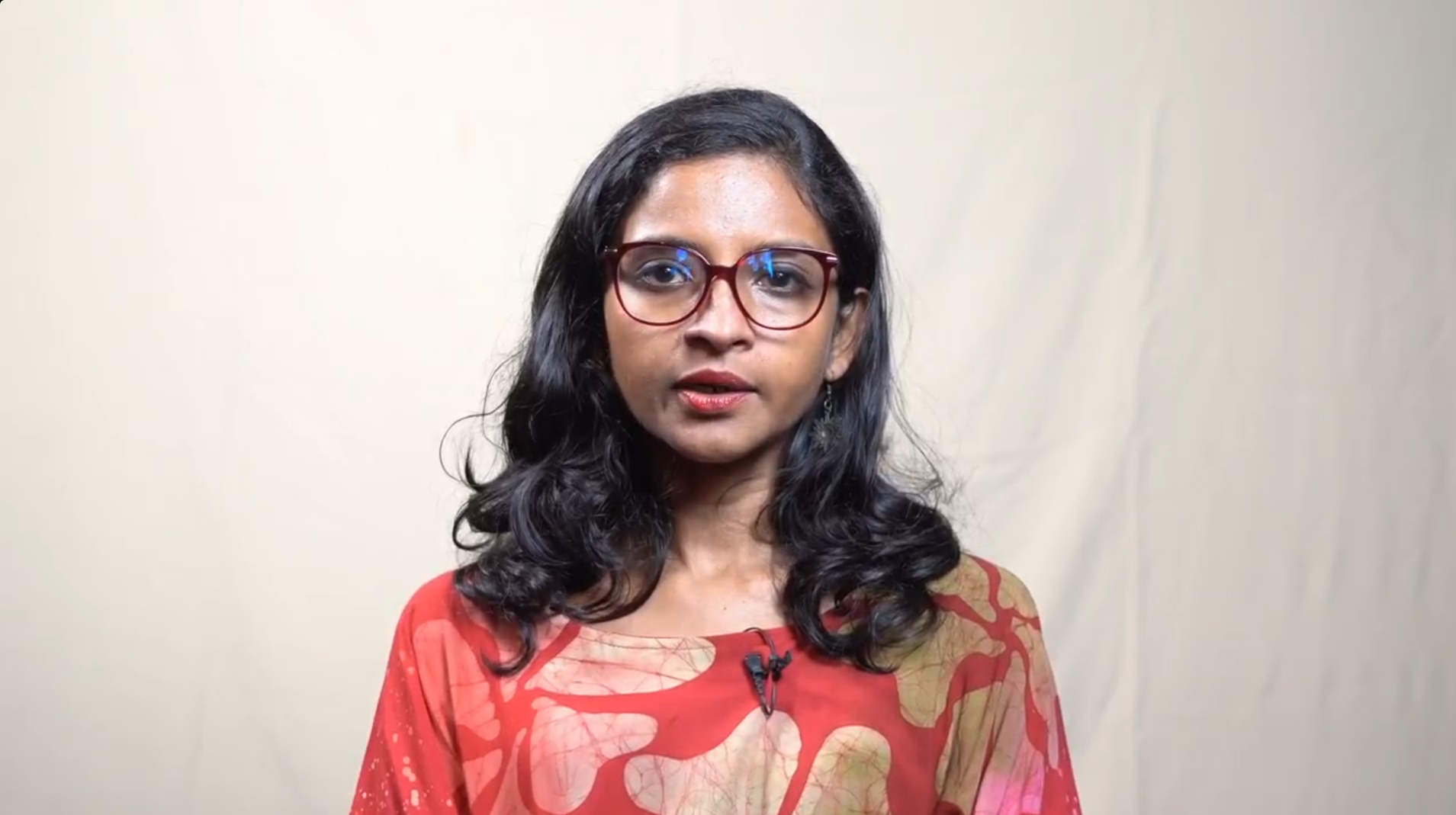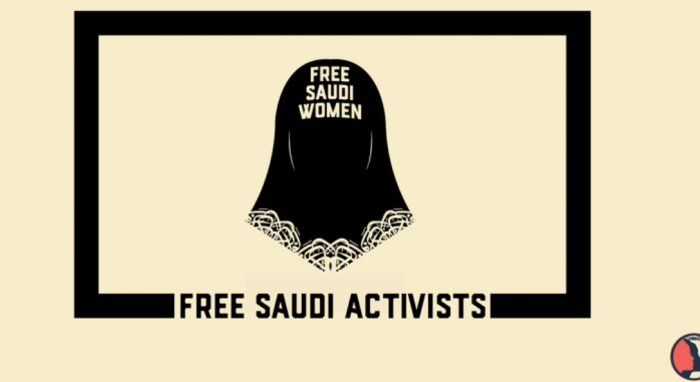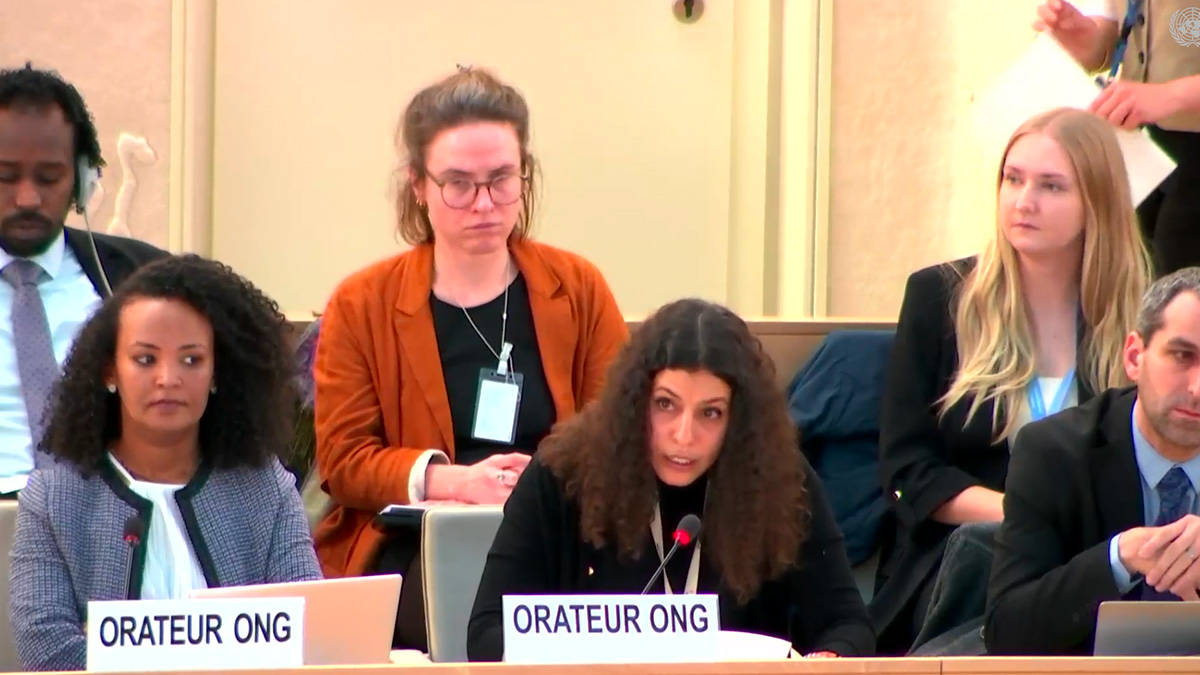In a statement delivered during the 40th session of the Human Rights Council, ISHR and its partners, CIVICUS and Lawyers Rights Watch Canada, called on the Saudi authorities to release all human rights defenders detained for exercising their fundamental rights as well as to accept recommendations for the protection of human right defenders. These recommendations constitute the outcome of the country’s third Universal Periodic Review (UPR), a peer-review mechanism which allows UN Member States to examine the human rights situation in each country, pose questions and make recommendations every four to five years.
Since the country’s last UPR in October 2013, Saudi Arabia has enacted two restrictive laws; The Associations and Non-Governmental Organisation Act of 2015 (NGO law) and The Crimes of Terrorism Financing Act of 2017, which have been used to restrict the operation of independent civil society in Saudi Arabia, effectively closing off civil space. The authorities continue to detain over a dozen women human rights defenders since May 2018. Some of them have reportedly faced torture and sexual harassment in detention.
During the UPR adoption, the United Kingdom expressed concern about the Saudi government’s rejection of its recommendation to end the use of the specialised criminal courts and the prevention of diplomats from monitoring trials including the trials of the women human rights defenders. Furthermore, Belgium welcomed the acceptance of its recommendation calling for the release of all those who have been detained for expressing their rights to freedom of expression but raised concern on the failure to accept its recommendation to amend the NGO law.
The Saudi government claimed in its response to the recommendations that “accusations of people being imprisoned for their defence of human rights and freedom of expression are untrue.”
“We reiterate that the women human rights defenders are only detained because they fought for their right to exist equally as men in their country. In addition, human rights defenders have been sentenced to hefty prison sentences by the specialised criminal court solely for their legitimate defence of human rights”, said Salma El Hosseiny, ISHR’s Human Rights Council Advocate.
In a joint statement on Saudi Arabia delivered by Iceland during the 40th session of the Human Rights Council, 36 States expressed “concern about reports of continuing arrests and arbitrary detentions of human rights defenders in the Kingdom of Saudi Arabia, including women’s rights activists” and called on the government to ensure all individuals and human rights defenders can exercise their rights without reprisals.
ISHR also urged the Saudi government to cooperate fully with the Council’s mechanisms and to amend all restrictive laws that are used to target, arrest and silence human rights defenders. Read here ISHR’s full list of recommendations to the Saudi authorities on the protection of defenders.
Watch a video of the statement below and read the full statement here




